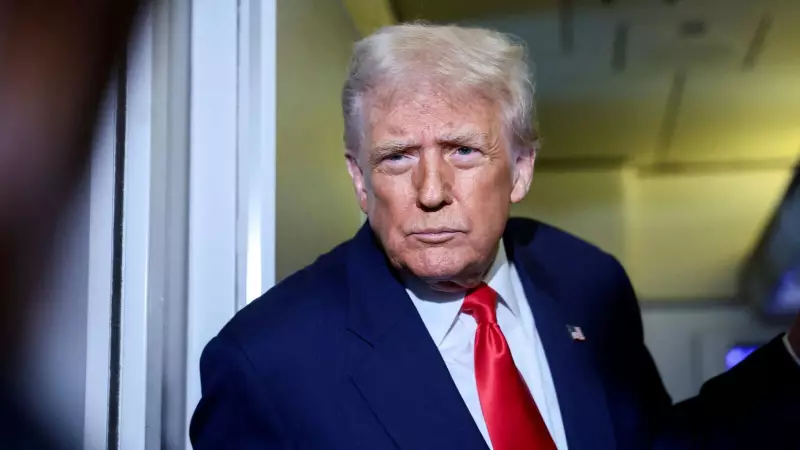
In a significant escalation of the ongoing technology trade war, former President Donald Trump has declared stringent new restrictions on the export of advanced artificial intelligence chips to China. The move specifically targets Nvidia's state-of-the-art Blackwell processors, marking a major shift in US technology export policy.
What Trump Said About the Chip Restrictions
During a recent public appearance, Trump emphasized the national security implications of allowing China access to cutting-edge AI technology. "We cannot allow our most advanced technology, particularly artificial intelligence capabilities, to fall into the wrong hands," the former president stated, highlighting the strategic importance of maintaining American technological superiority.
Understanding Nvidia's Blackwell Chips
The Blackwell architecture represents Nvidia's most advanced AI processing technology to date. These chips are designed to power the next generation of artificial intelligence applications, from sophisticated language models to complex predictive analytics. Their restriction from Chinese markets could significantly impact the global AI development landscape.
Impact on Global Tech Industry
The export restrictions are expected to create substantial ripple effects across the technology sector:
- Chinese tech companies may face significant delays in AI development projects
- Nvidia could see substantial revenue impacts from lost Chinese market access
- Alternative chip manufacturers may see increased demand from Chinese clients
- Global AI research collaboration could face new barriers
Broader Implications for US-China Relations
This move represents the latest chapter in the ongoing technological cold war between the world's two largest economies. The restrictions follow previous export controls implemented during both the Trump and Biden administrations, reflecting bipartisan concern about China's technological advancement in sensitive areas.
Industry analysts suggest that these measures could accelerate China's efforts to develop domestic semiconductor capabilities, potentially reshaping global supply chains in the long term. Meanwhile, American chip manufacturers must navigate the complex balance between national security concerns and global market opportunities.
The full implementation timeline and specific enforcement mechanisms for these new restrictions remain under development, with industry stakeholders awaiting detailed guidance from relevant government agencies.





